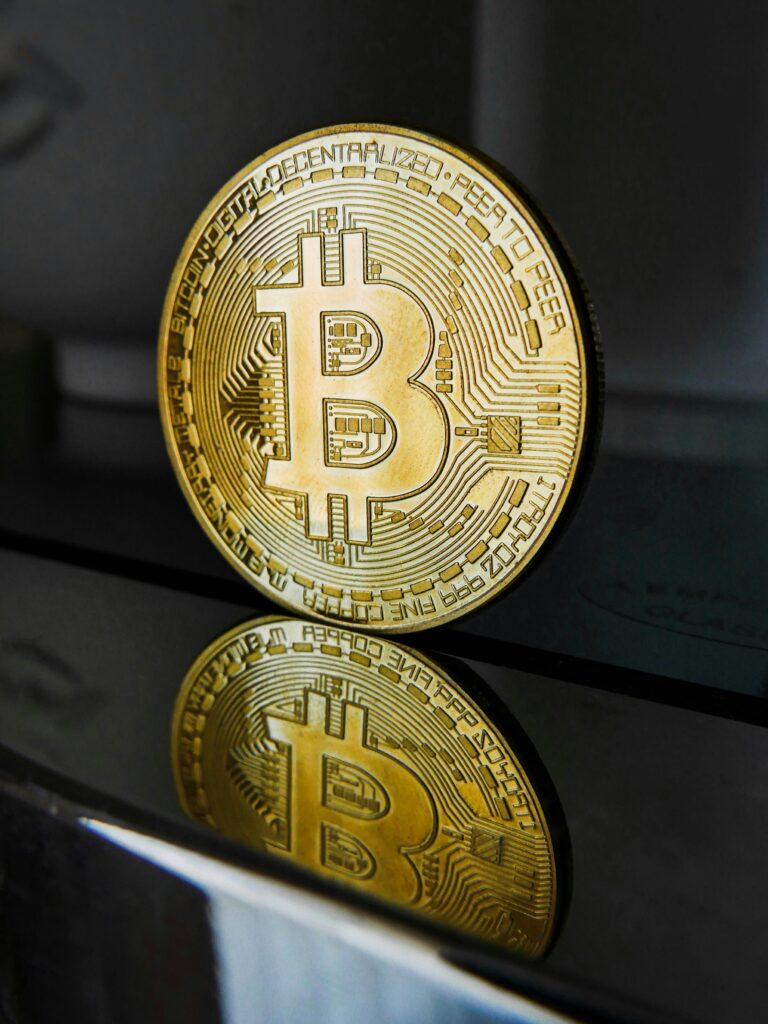Originally created for currency, blockchain technology is now being investigated for its ability to change governance. Fundamentally, blockchain is an immutable, decentralized ledger technology that enables safe network-wide data storage without the need for middlemen. With the use of this technology, there are now more opportunities to increase public trust in governance institutions, decrease corruption, and improve transparency.
Electronic voting is a potentially useful use of blockchain in politics. Voter tampering worries might be resolved by blockchain voting systems that are transparent and safe. Blockchain-based voting technologies have already been tested in nations like Estonia and Switzerland, and preliminary findings indicate that voter confidence has increased. Voters may confirm their votes were successfully recorded while maintaining their identity thanks to blockchain’s openness.
Blockchain can be applied to smart contracts in public administration in addition to voting. When certain criteria are met, smart contracts automatically carry out predetermined tasks like allocating public cash or overseeing contracts. This lessens the possibility of corruption and human error.
Another novel approach to decentralized governance is the creation of Decentralized Autonomous Organizations (DAOs). DAOs do away with the necessity for centralized leadership by enabling stakeholders to vote on decisions via blockchain technology. This may enable people to actively engage in the decision-making process.
Blockchain governance has its share of obstacles, including scalability and regulatory issues, despite its potential. Large-scale applications are difficult for the technology to handle, and governments are still figuring out how to control the use of blockchain technology in governance. Concerns exist over the digital divide as well: areas with poor technology infrastructure or internet connectivity may not be able to take part in blockchain-based governance systems.
Blockchain technology has the potential to completely transform political processes by enhancing accountability and transparency, even though there are still obstacles to overcome. Decentralized governance has the potential to bring power closer to the people as it develops, enhancing democracy and inclusivity in political processes.

